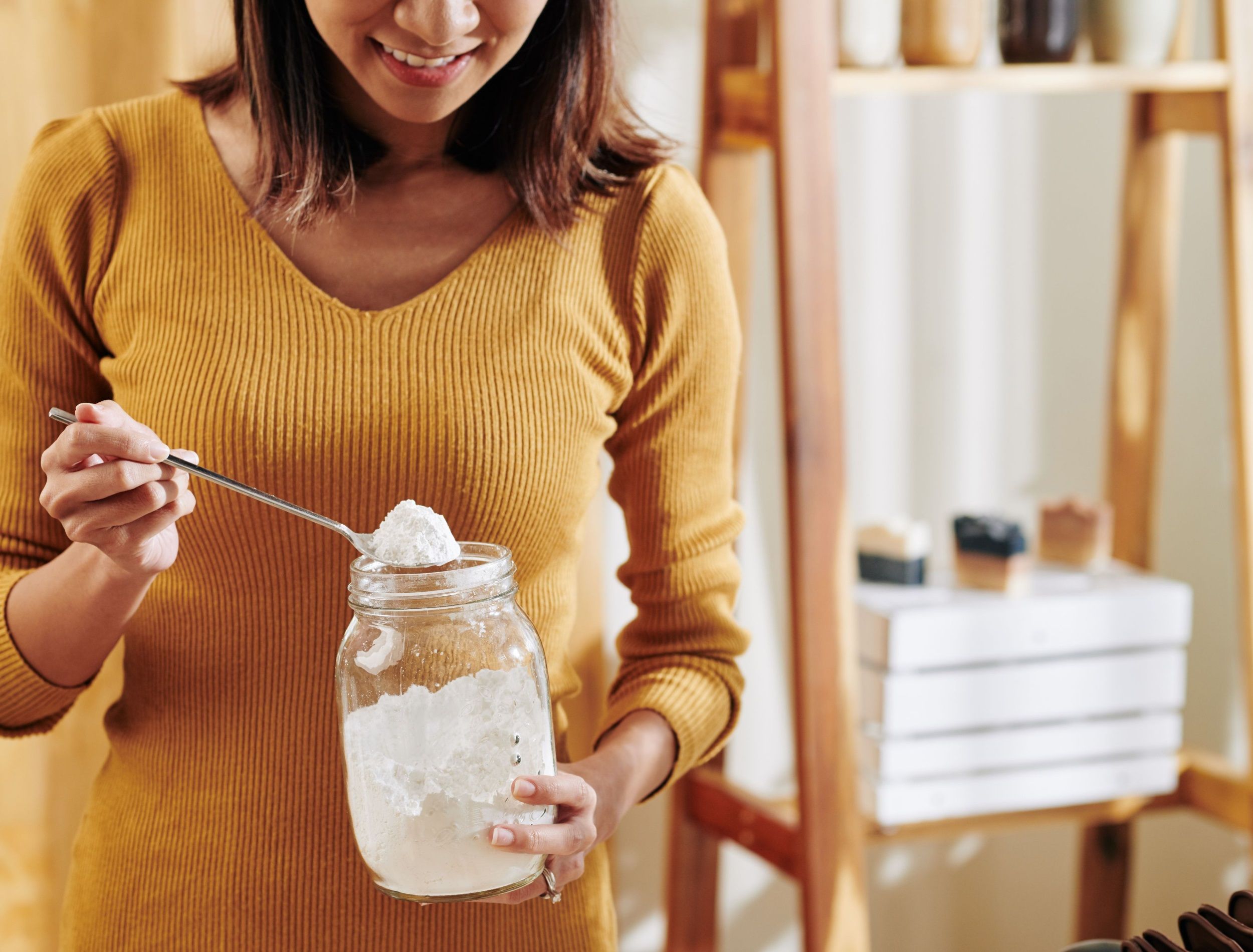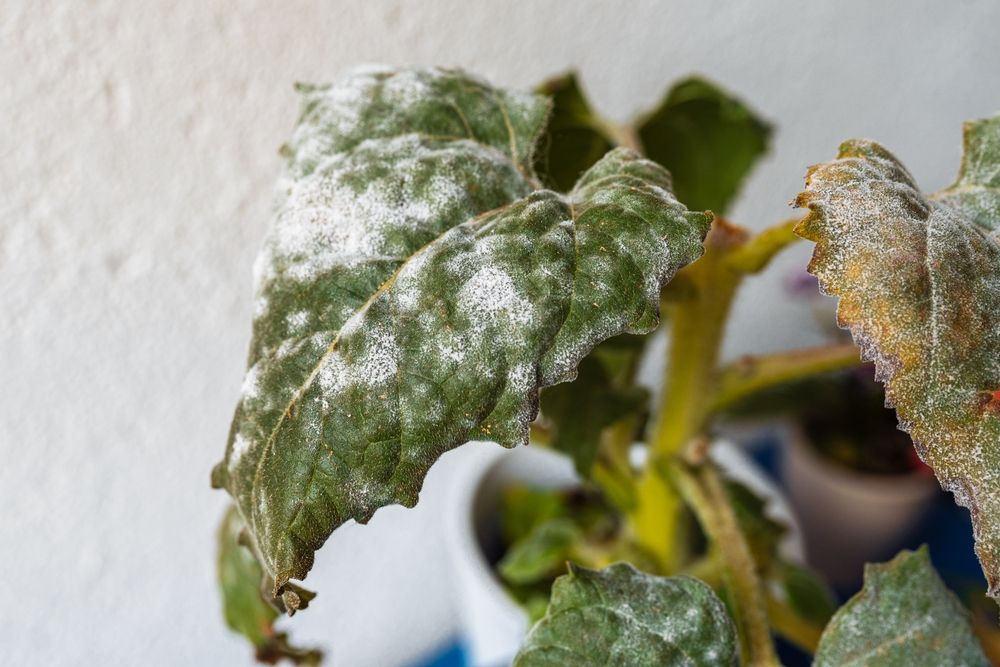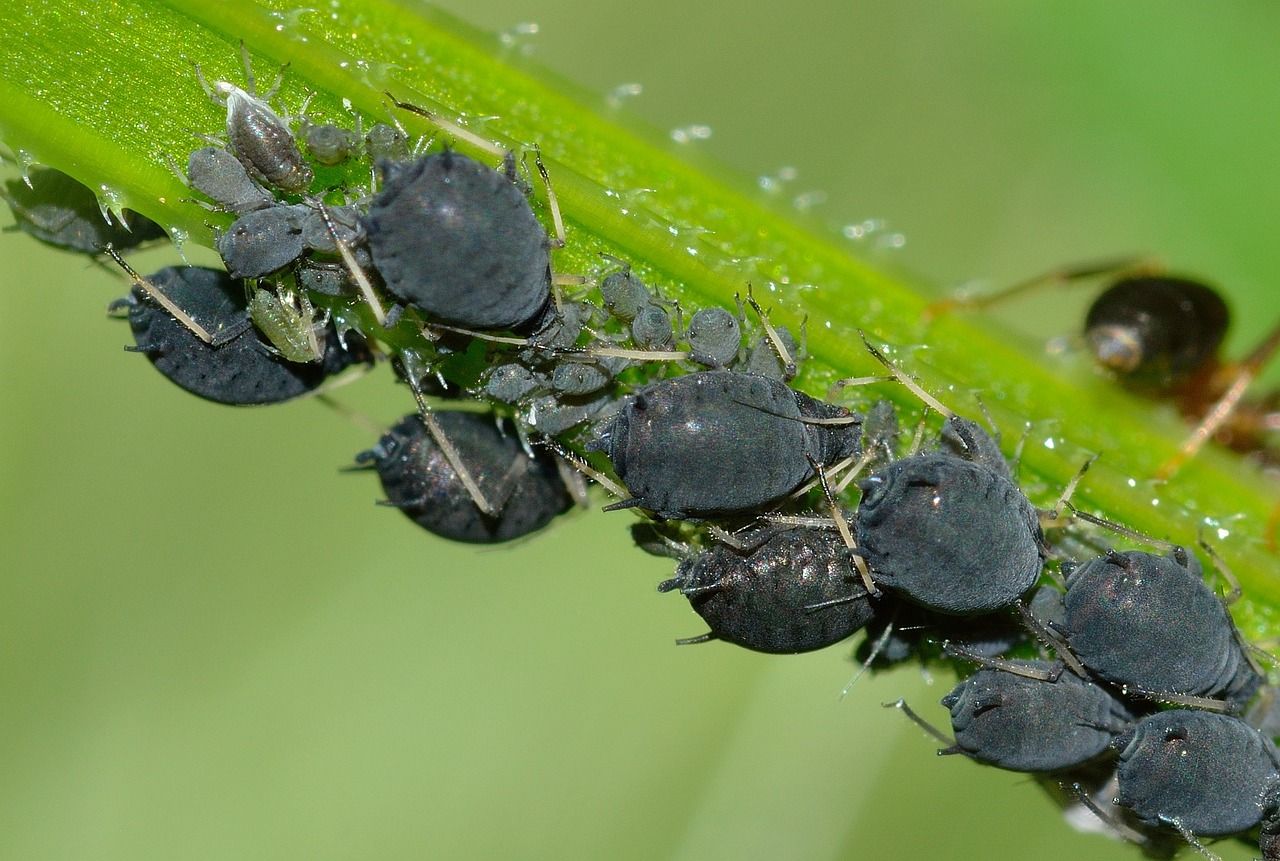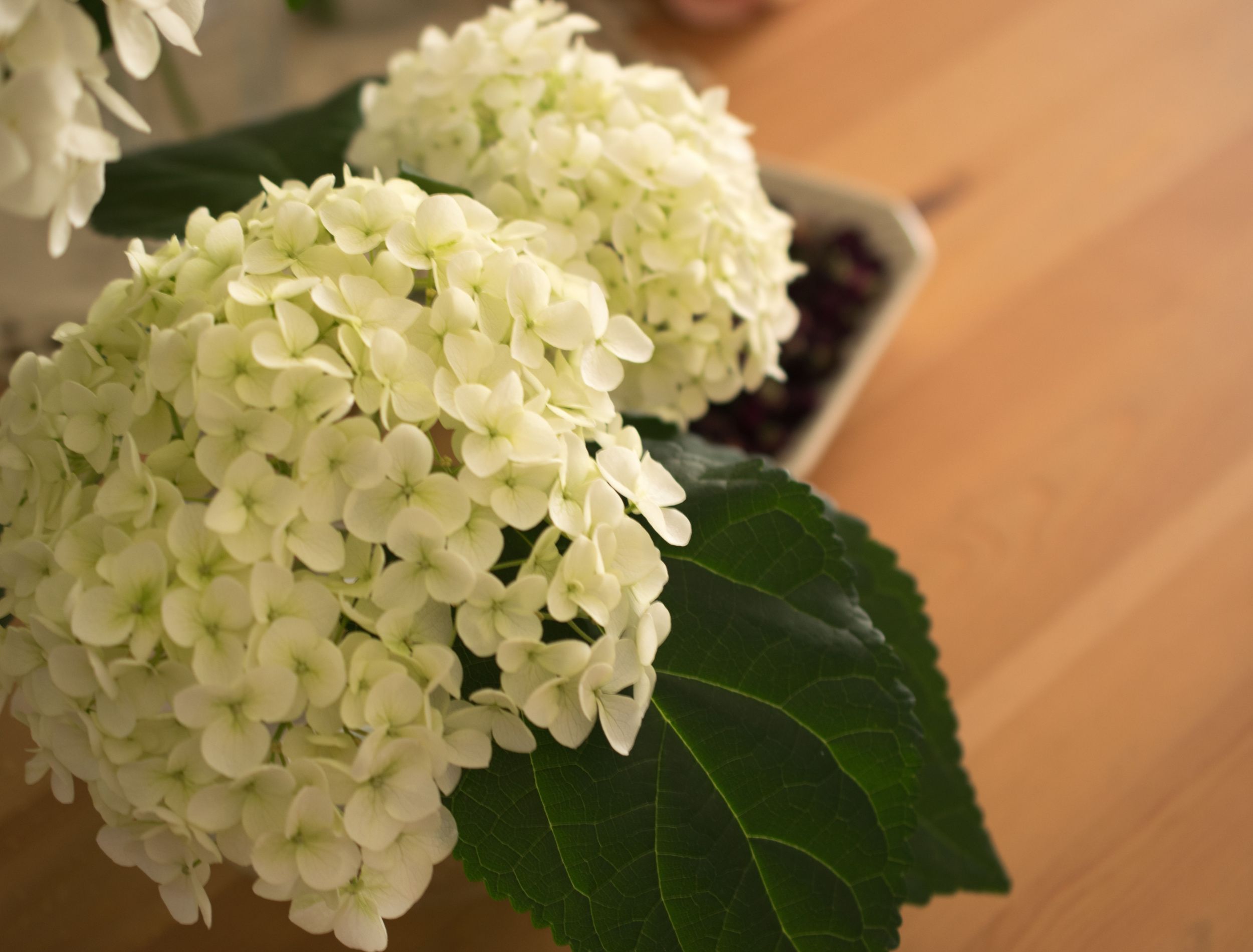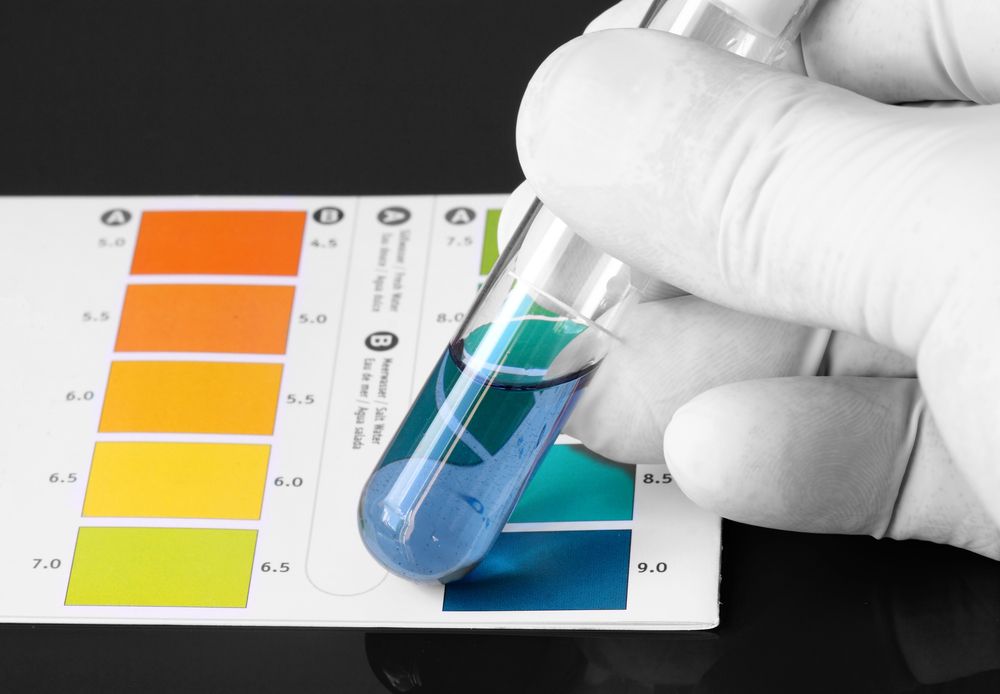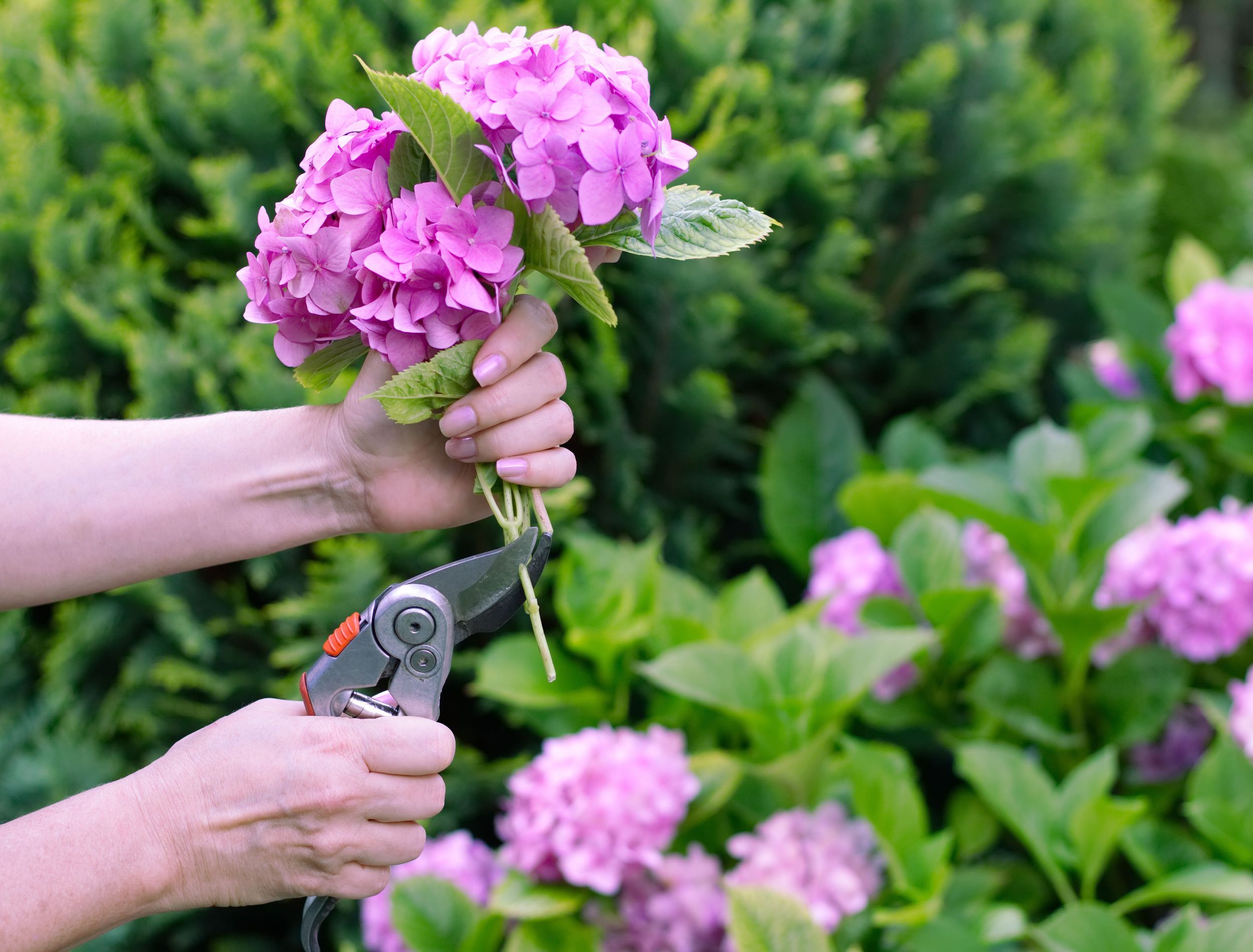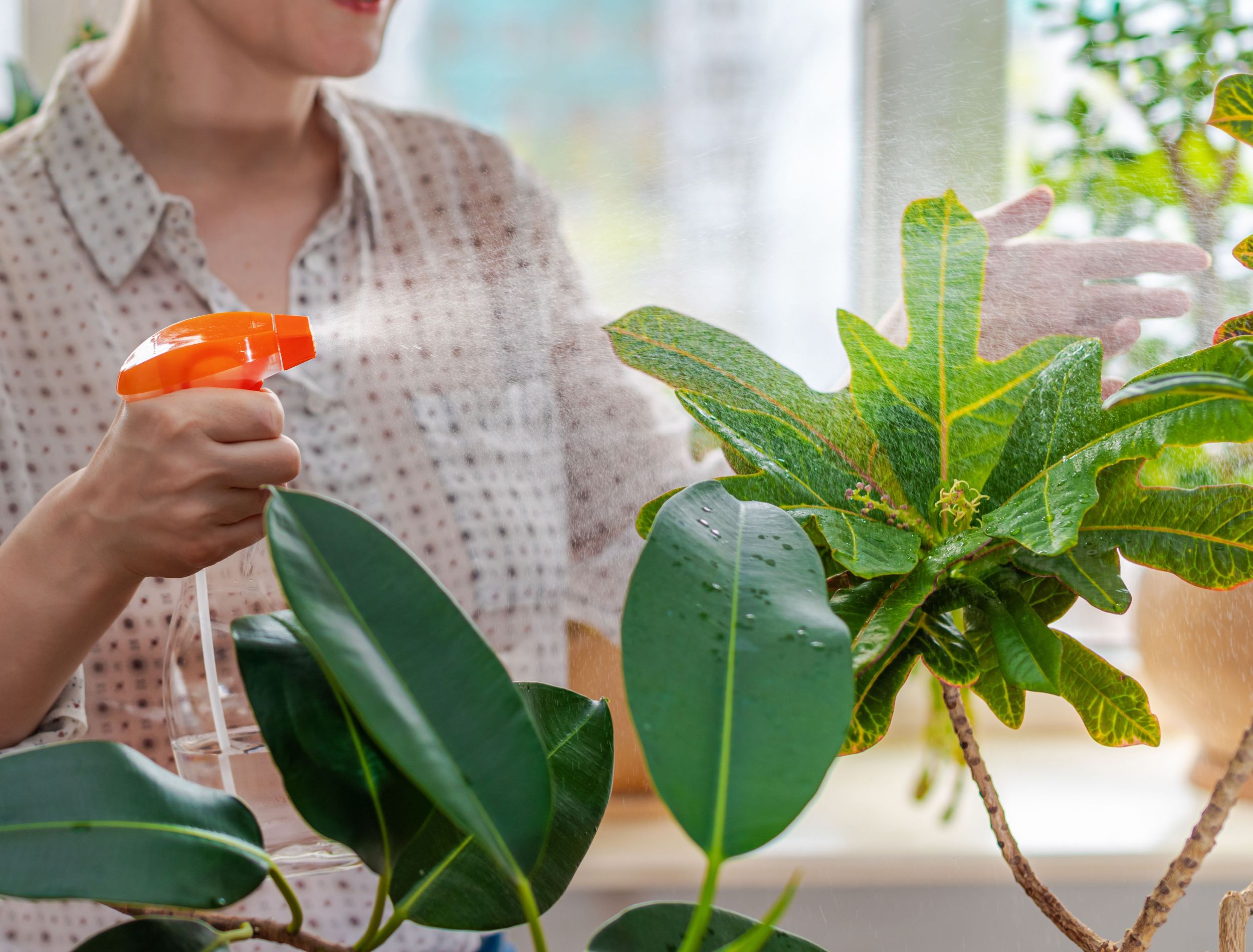Key Takeaways
- Baking soda fights fungal diseases in houseplants by creating an inhospitable environment for their growth. Mix it with water and soap, spray it on the leaves, and repeat every 7-10 days.
- Baking soda acts as a natural pesticide, protecting houseplants from pests like aphids and whiteflies. Combine it with mild dish soap and canola oil, apply it once a week using a spray bottle.
- Baking soda enhances the growth of houseplants and promotes vibrant flower blooms. Mix it with water and use it to water plants or add a light layer at the bottom of a pot.
Have you ever wondered, "Is baking soda good for houseplants?" It turns out, this common kitchen ingredient is a garden's best friend. Baking soda, or sodium bicarbonate, is a versatile substance that offers a multitude of benefits for your green companions. It's safe, easily available, and incredibly cost-effective.
Explore six miraculous ways baking soda contributes to the health and vibrancy of your houseplants.
Fungal Diseases Fighter
Baking soda battles plant fungi effectively
Baking soda, a common kitchen staple, offers surprising benefits for houseplants, particularly as a combatant against fungal diseases like powdery mildew. Its efficacy stems from its ability to create an alkaline environment, which is inhospitable for fungal growth.
Recipe For Fungal Disease Prevention:
- Mix 1 teaspoon of baking soda with 1 gallon of water.
- Add a few drops of liquid soap to help the mixture adhere to the leaves.
How to Use:
- Shake the mixture well before use.
- Spray it evenly on the plant leaves, covering both the tops and bottoms.
- Apply early in the morning or late in the evening to avoid sunburn on the leaves.
- Repeat every 7 to 10 days.
Powdery mildew, a common fungal issue in houseplants, thrives in wet, warm conditions. Baking soda's alkaline nature disrupts the mildew's growth patterns. When sprayed on affected plants, it alters the pH on the leaf surface, making it less favorable for mildew development. Regular application helps prevent the spread and recurrence of this fungal disease, keeping your houseplants healthy and vibrant.
By incorporating baking soda into your plant care routine, you're choosing a non-toxic, cost-effective solution to keep your indoor garden thriving.
Natural Pesticide
Safeguard plants with a baking soda shield
Baking soda also serves as a natural pesticide for houseplants, safeguarding them from various pests, like aphids and whiteflies. Its non-toxic nature makes it a safe and eco-friendly option for indoor gardening.
Recipe For Natural Pesticide:
- Combine 3 tablespoons of baking soda with 2 tablespoons of mild dish soap, 2 tablespoons of canola oil.
- Add this mixture to 2 gallons of water.
How to Use:
- Stir the solution thoroughly to ensure even mixing.
- Use a spray bottle to apply the mixture generously to the plants, covering all surfaces, including the undersides of leaves.
- Apply once a week.
Bloom Rejuvenator
Rejuvenate your flowers naturally with baking soda
Baking soda proves to be an excellent aid in promoting the growth of houseplants, particularly those favoring alkaline soil conditions. Its application leads to healthier plants and more vivid flower blooms.
Mixture For Enhancing Plant Health:
- Combine a gallon of water with 1 teaspoon of baking soda.
Application Method:
- Water your plants using this blended solution, concentrating on flowers that flourish in alkaline soil.
- For potted plants, distribute a light layer of baking soda at the bottom of the container prior to adding soil and planting.
The baking soda mixture encourages blossoming and intensifies the hue of the flowers. It also creates a mildly alkaline habitat, which many flowers find beneficial. Some plants that gain from this treatment are begonias and hydrangeas.
pH Range
Enhance houseplant growth by adjusting soil pH with baking soda
Sodium bicarbonate is a valuable ally in maintaining the optimal pH range for houseplants. Its alkaline nature helps in adjusting the soil pH, benefiting plants that prefer a less acidic environment.
Recipe For pH Adjustment:
- Mix 1 tablespoon of baking soda with 2 liters of water.
How to Use:
- Thoroughly stir the mixture to ensure complete dissolution of the baking soda.
- Water the plants with this solution, targeting the soil rather than the foliage.
- Use sparingly and monitor the soil pH regularly to avoid over-alkalization.
Benefits For Houseplants:
Baking soda aids in gently raising the soil pH, making it more alkaline. This adjustment is crucial for plants that do not thrive in acidic soil. It also mitigates the effects of acidic water or overuse of fertilizers that acidify the soil.
This shift in pH enhances nutrient uptake, improves soil health, and promotes healthier plant growth.
Regular use of a baking soda solution is particularly beneficial for houseplants that require a neutral to alkaline soil pH. However, it's important to use this method judiciously, as too much alkalinity harms plants. By carefully managing the soil pH with baking soda, you create a more conducive environment for your houseplants to flourish.
Cut Flower Preservative
Extend your cut flowers' life with baking soda
Adding baking soda to the water of cut flowers prolongs their freshness, keeping your bouquets lively and extending the enjoyment of your fresh floral arrangements.
Recipe for Flower Preservation:
- Mix 1 teaspoon of baking soda into 1 liter of water.
How to Use:
- Pour the baking soda solution into the vase before placing your cut flowers.
- Ensure the cut ends of the flowers are fully submerged.
- Change the solution every few days to maintain its effectiveness.
Baking soda helps to keep the water alkaline, reducing the growth of bacteria and fungi, which cause flowers to deteriorate more quickly. It also provides a nutrient boost to the flowers, helping them to absorb water and nutrients more efficiently. By stabilizing the water environment, baking soda aids in keeping the flowers hydrated and fresh for a longer period.
This simple yet effective use of baking soda as a cut flower enhances the beauty and lifespan of your floral arrangements. Regular changing of the baking soda solution ensures your flowers remain vibrant and fresh, adding beauty to your space for an extended time.
Cleaning Plant Leaves
Gently clean plant leaves for a healthy shine
Wiping your plant leaves with a mixture of baking soda and water removes dust and grime, allowing your plants to breathe better and photosynthesize more efficiently.
Recipe For Leaf Cleaning:
- Mix 1 teaspoon of baking soda with a small squirt of mild liquid soap in 1 liter of water.
How to Use:
- Gently stir the solution to blend the ingredients.
- Dip a soft cloth or sponge in the mixture and wring out excess liquid.
- Gently wipe the plant leaves, taking care not to damage them.
- For small or delicate leaves, use a soft brush or cotton swab.
- After cleaning, gently dab the leaves with a dry cloth.
Baking soda effectively breaks down and lifts away dust and dirt without harming the leaf surface. And the mild alkaline nature of baking soda deters certain pests and mildew, providing additional protection to the plant.
Regularly cleaning your houseplant leaves with a baking soda solution not only keeps them looking fresh and vibrant but also contributes to their overall health and growth. This method is a safe, natural, and cost-effective way to care for your indoor plants.
Baking Up Houseplant Success
Baking soda is a versatile, eco-friendly ally for houseplants, offering myriad benefits. From enhancing plant growth and preserving cut flowers to combating fungal diseases and safely cleaning leaves, its multifaceted uses make it an indispensable tool in plant care. Baking soda improves soil pH balance, extends the life of blooms, and ensures healthier, cleaner plants. This household staple is not only effective but also a natural, cost-efficient option for indoor gardeners.
Also, don't hesitate to share this article with fellow plant enthusiasts. Spreading the word about baking soda's plant-friendly benefits helps others achieve healthier, more vibrant indoor gardens.

